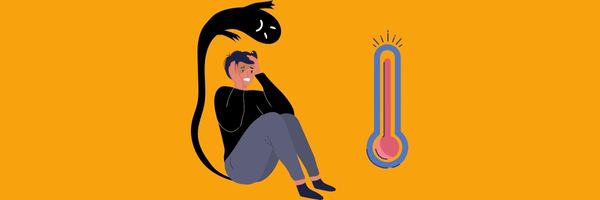Bipolar disorder is a mental health illness characterized by episodes of heightened mood (mania or hypomania) and depression. A variety of tests and assessments can be used to diagnose bipolar disorder. A self-report questionnaire is the most popular kind of test, in which the subject provides information on their symptoms and general mood. The following are a few instances of self-report bipolar disorder tests:
A popular self-report test for screening for bipolar disorder and other mood disorders is the Mood Disorder Questionnaire (MDQ). To take the Bipolar Assessment, Click here.
To evaluate the intensity of mania and hypomania symptoms, another self-report exam is the General Behavior Inventory (GBI).
A self-report tool called the Hypomania Checklist (HCL-32) gauges how severe the symptoms of hypomania, a milder version of mania, are.
A mental health practitioner may diagnose bipolar illness using clinical interviews and observation in addition to self-report testing. A mental health expert conducting a clinical interview will inquire about the patient's symptoms, medical history, and family history, among other things. The diagnosis of bipolar illness can also be made based on observations of the patient's conduct and manner.
It's critical to remember that formal assessments conducted by mental health professionals cannot be substituted by self-report questionnaires. It is advisable to consult with a mental health expert who can properly diagnose and treat bipolar illness if you believe you may be exhibiting its symptoms.
To take the Bipolar Assessment, Click here.

Leave a Reply